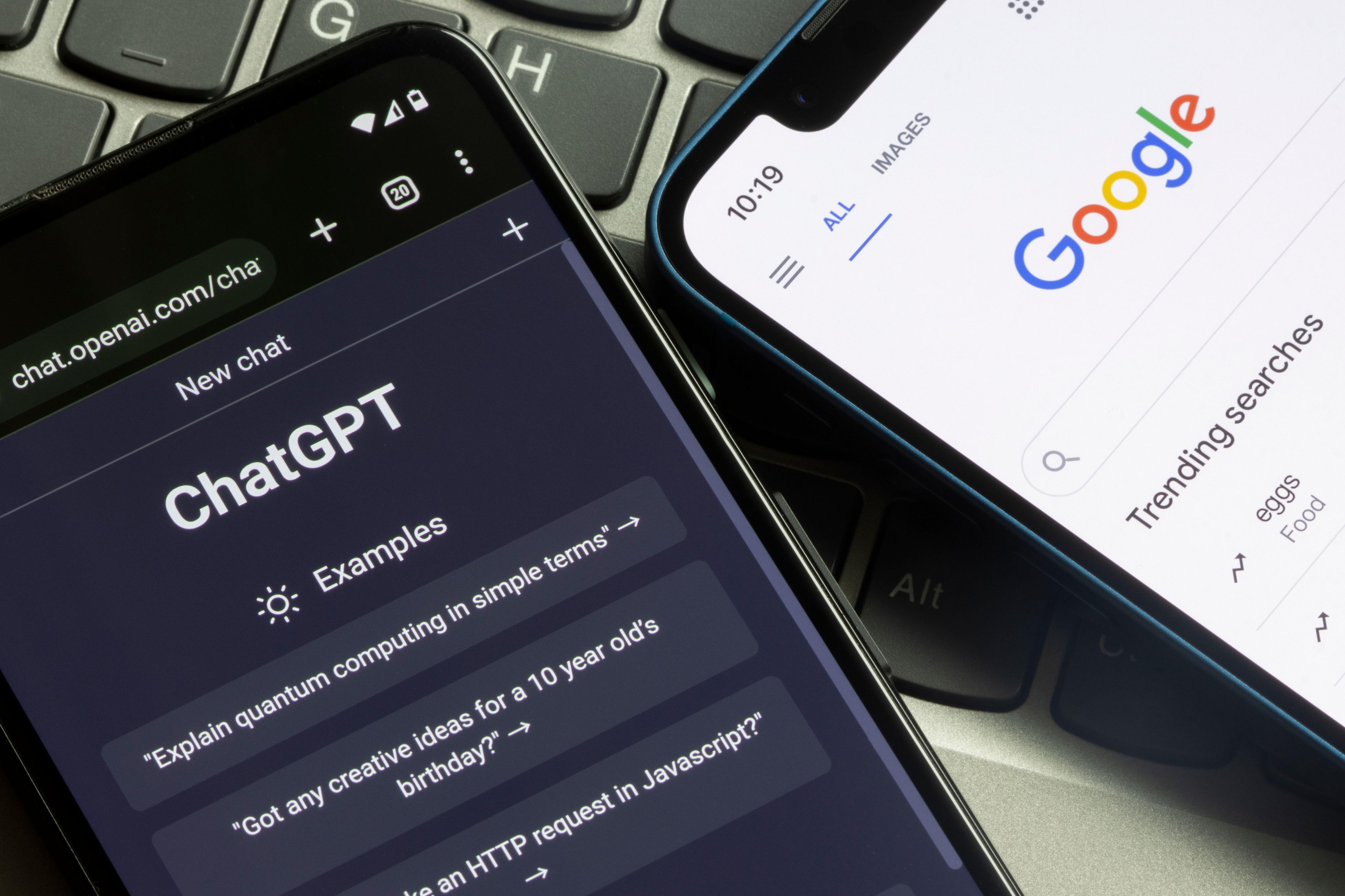AI Search Engines Slash News Website Traffic by 96%: What It Means for Digital Publishers
Introduction
The rise of artificial intelligence (AI) search engines is drastically altering the online information landscape. A recent study by content licensing platform TollBit has revealed that news websites and blogs receive 96% less referral traffic from AI search engines compared to traditional Google Search. This significant drop raises concerns about the sustainability of digital journalism and the future of content monetization.
AI Search Engines vs. Traditional Search: A Major Shift
AI-driven search engines, including those by OpenAI, Perplexity, and Google’s AI-integrated search, are designed to provide users with direct answers instead of directing them to external websites. Unlike conventional search engines that generate web traffic by linking users to content sources, AI search tools extract and summarize information, reducing the need for users to visit the original websites.
How AI Search Engines Impact News Websites and Blogs
- Declining Website Traffic: Traditional news publishers and bloggers heavily depend on referral traffic from search engines. With AI models offering answers directly, publishers experience a massive drop in website visits, affecting their ad revenue and engagement metrics.
- Content Scraping Without Compensation: AI bots and web crawlers scrape data from news websites for training purposes, often without proper licensing agreements or financial compensation.
- Revenue Loss for Publishers: Many digital publishers rely on advertising revenue generated through user visits. With fewer visitors, their ability to monetize content through ads, subscriptions, or sponsorships is severely compromised.
- Reduced Visibility for Independent Creators: Smaller blogs and independent news websites face an uphill battle for visibility, as AI-generated answers prioritize established sources without driving traffic back to the original creators.
Industry Response: What Are News Publishers Doing?
In response to this trend, some major publishers are taking action:
- Blocking AI Crawlers: Leading news organizations like The New York Times have restricted AI bots from scraping their content to prevent unauthorized data usage.
- Legal Action Against AI Firms: Several lawsuits have been filed against AI companies for using copyrighted content without consent.
- Exploring Alternative Revenue Models: Some publishers are focusing on subscription-based content and exclusive reporting to remain financially sustainable.
What Can Bloggers and News Websites Do?
With AI search engines reshaping the landscape, digital content creators must adapt. Here are some strategies:
- SEO Optimization: Focus on long-tail keywords and unique content that AI-generated summaries may not fully capture.
- Direct Engagement with Readers: Build a strong presence on social media and email newsletters to retain a loyal audience.
- Paywalls & Exclusive Content: Offer premium content that is accessible only to subscribers, reducing dependence on ad revenue.
- AI Licensing Agreements: Advocate for fair licensing deals with AI companies to ensure proper compensation for content usage.
AI search engines are reshaping how users consume news and information, but the dramatic drop in referral traffic poses a major threat to digital journalism. As publishers struggle to maintain visibility and revenue, industry leaders must explore new ways to sustain quality reporting in the AI-driven era.


Leave a Reply